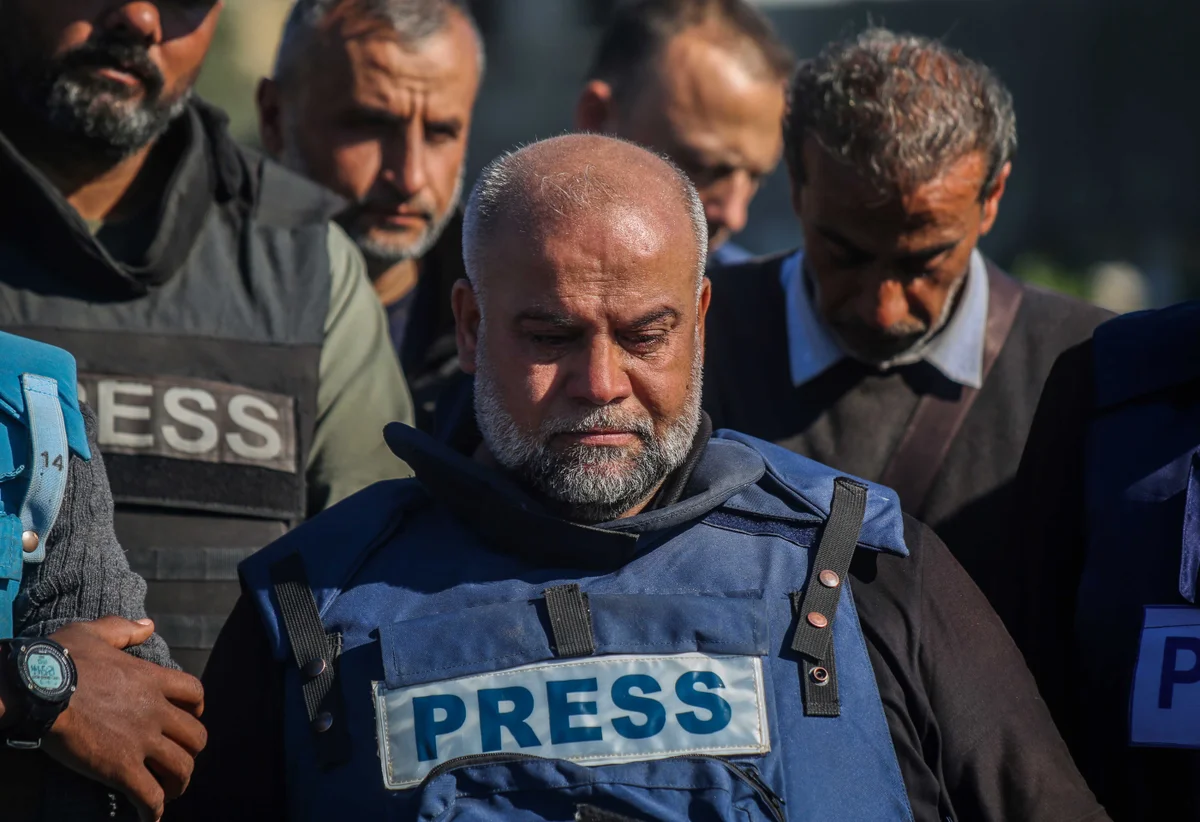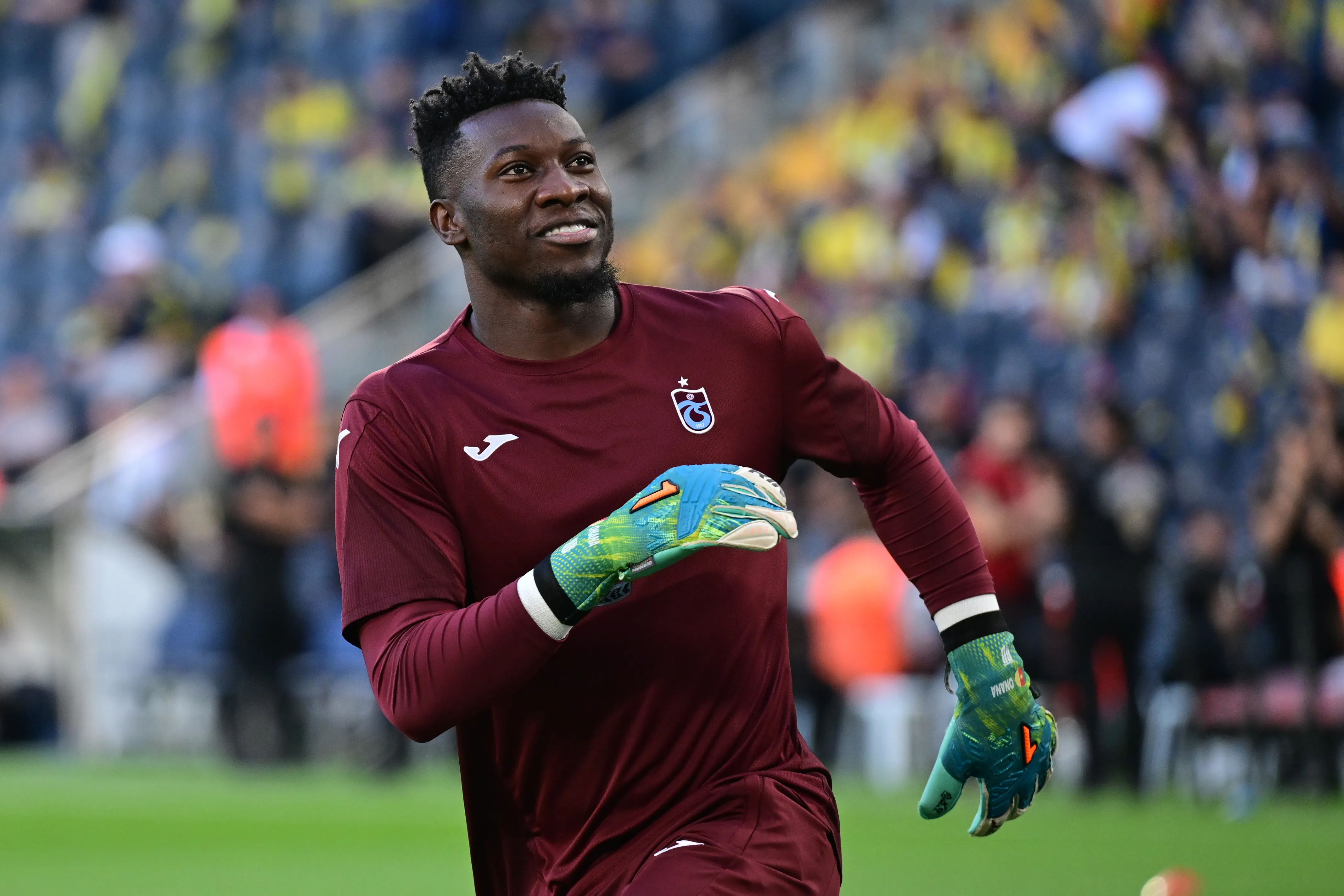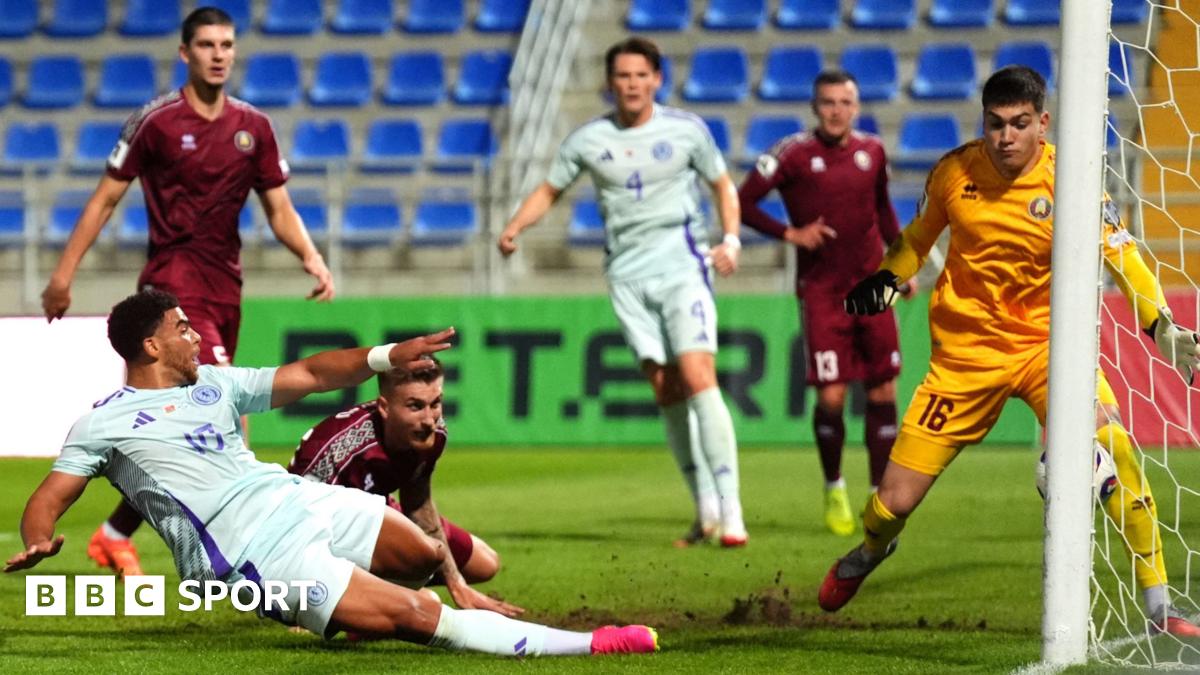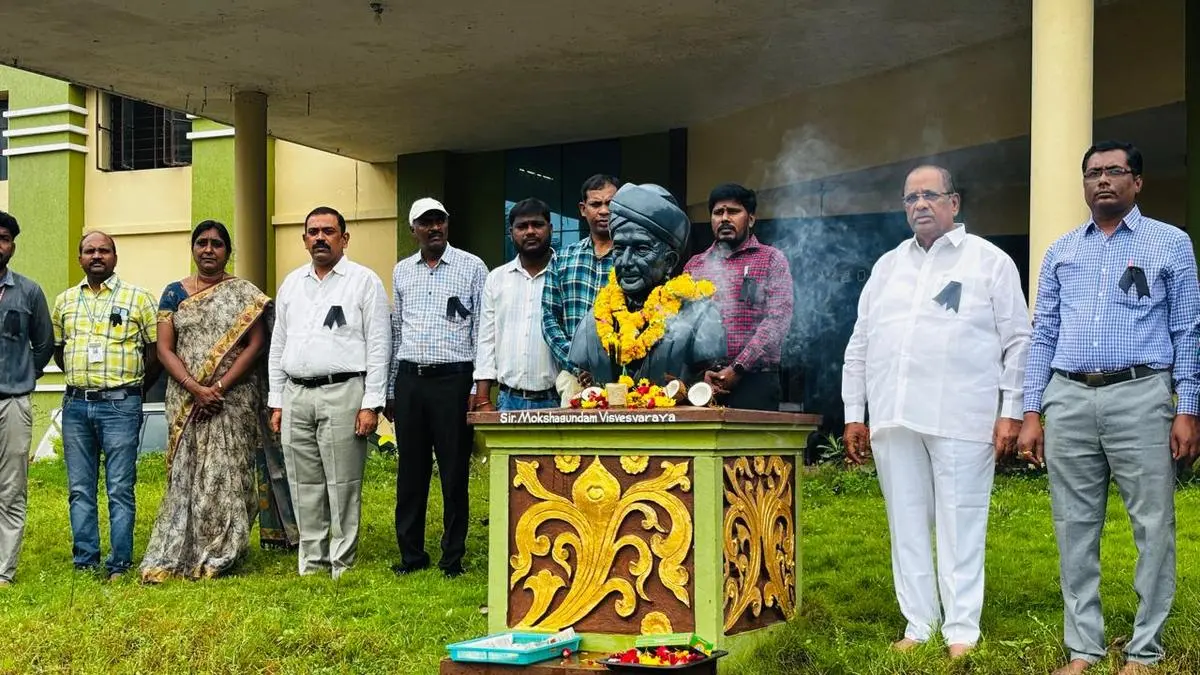By Wael Al-Dahdouh
Copyright independent

For more than 700 days, Israel has waged a devastating campaign against Gaza – a war whose scale and brutality leave little hope or sign of ending. One need not scrutinise statistics or reports to grasp the consequences; there is simply nothing left of the place I once called home.
I was born and raised in the al-Zaytoun district of Gaza City. We shared our neighbourhood with refugee families forced to flee by the Nakba of 1948 – the catastrophe marked by Israel’s occupation and the expulsion of countless Palestinians from their towns and villages. The Nakba was not a chapter that ended in 1948, but an ongoing reality for every Palestinian, rooted in the Balfour Declaration of 1917 and perpetuated by decades of displacement, occupation, and denial.
Since the Nakba, Palestinians have endured repeated wars, occupation, and the steady erosion of territory – first in 1948, and again after 1967, with the occupation of the West Bank, East Jerusalem, and Gaza. Israel, unsatisfied with the 78 per cent of historic Palestine it claims, continues to expand into and annex the remaining Palestinian lands. At every turn, the world is confronted with a fundamental question: how much suffering, dispossession, and destruction must Palestinians endure before justice prevails?
As a seasoned journalist, I have covered numerous wars and endured long and harsh suffering in Gaza for more than three decades. Yet nothing could have prepared me for the conflict that has raged for the past 23 months, unparalleled in scale and impact, marked by tragedies beyond anything I have witnessed before.
My previous experiences seem to be now mere rehearsals, a prelude to what this war has inflicted upon journalists, Gaza’s population, and me personally. The loss of my wife, children, grandchild, and relatives, as well as the physical injuries I sustained from repeated targeting, have left me with wounds words cannot describe. This loss compels me to persist in my professional and humanitarian duty so that the world hears the bitter truth – no matter how painful.
During my current visit to London and the House of Commons, I would like to appeal to elected representatives about Gaza’s devastation. I am inclined to confront the harrowing truth: how has Israel managed to perpetrate such crimes so openly, while the world looked on? This is a genocide broadcast 24 hours a day across international media and social platforms. It is perhaps the first war where victims themselves have had to tell their own story, not by choice, but out of necessity.
This war is different. Although reported worldwide, its coverage has largely lacked context and rarely reflected the perspective of the victims, including journalists. Instead, it often echoed the narrative of the aggressor. Gazan victims were reduced to mere numbers, stripped of emotion, value, or sympathy. International media narratives were overwhelmingly sympathetic to the occupying forces, with victims regularly challenged to justify why the targeting of babies, women, and children was illegitimate. Schools, hospitals, mosques, churches, and homes were bombed, resulting in the death of countless civilians, yet many newsrooms simply echoed the claims and propaganda of the Israeli occupation forces. In stark contrast to what Seymour Hersh and others achieved during the Vietnam war, many in Gaza now feel that international newsrooms have failed us by becoming little more than extensions of Israeli public relations.
To date, nearly 250 journalists have been killed – many of them systematically targeted and murdered while the world looked on in silence. I lost my beloved son Hamza, as well as nine other colleagues, including my cameraman, Samer Abu Daqqa, who was killed on assignment, during which I myself was injured and survived by a miracle. All these murdered journalists were singled out and silenced simply for choosing to fulfil their professional duties and expose the crimes perpetrated against Gaza’s people.
Israel, having succeeded right from the start in barring foreign correspondents and silencing most of the local Palestinian journalists in Gaza, has resorted to demonising anyone who dares to hold a microphone or stand before a camera. Israel’s greatest fear is the world learning the true extent of its crimes, especially if these reports can one day serve as evidence in international courts, preferring to continue to act in total impunity.
Coinciding with the passage of one month since the targeting of Al Jazeera’s team tent in Gaza City, the killing of Anas al-Sharif – who Israel falsely accused of being a Hamas operative, which the UN special rapporteur said was a smear campaign – Mohammed Qreiqeh, and four other journalists, it is clear that Israel’s ongoing targeting is systematic and deliberate. The campaign continues and has recently escalated with the killing of five journalists in a double attack on Nasser Medical Complex.
What Israel is doing to civilians and journalists is a well-worn strategy, sadly unsurprising. What shocks us more is the inaction of world leaders, especially those who have long claimed to champion press freedom and human rights. Israel has unleashed this genocide believing, correctly it seems, that its military strength and alliances grant it impunity to wage war against a captive, defenceless population. The so-called “free world” remains complicit, through its deafening silence and, in some cases, its active support.
The world has failed Gaza, its people and its journalists. I cannot imagine that, had such crimes been committed elsewhere, the international community or journalistic professionals would have responded with such indifference.
Britain, in particular, bears a historic and moral responsibility towards the people of Palestine. It must now show leadership, working for a just resolution and bringing an end to one of the last remnants of colonial expansionism in the world.
We, the journalists of Gaza, have paid an unimaginable price – through our blood, the loss of our families, and the destruction of all that is dear to us. We pledge to remain true to our profession, to document the crimes against our people, and to tell our story till the last journalist.
There are hardly any journalists left in Gaza to bear witness. I appeal to my colleagues in Britain and worldwide: it is now your turn to carry the torch, even at this late hour. Without your voices, ours may not survive much longer.
Wael al-Dahdouh is Al Jazeera’s Gaza bureau chief



